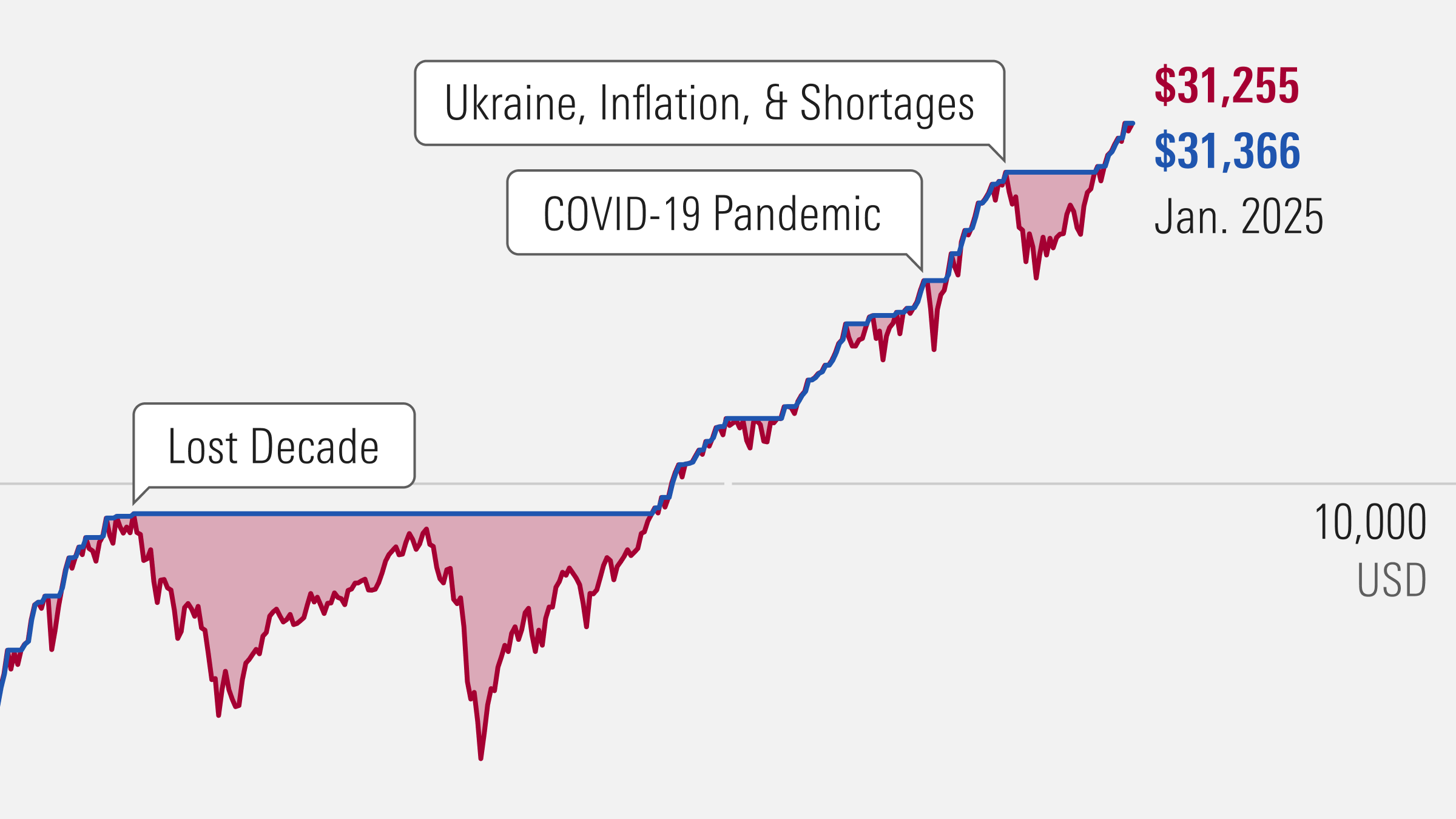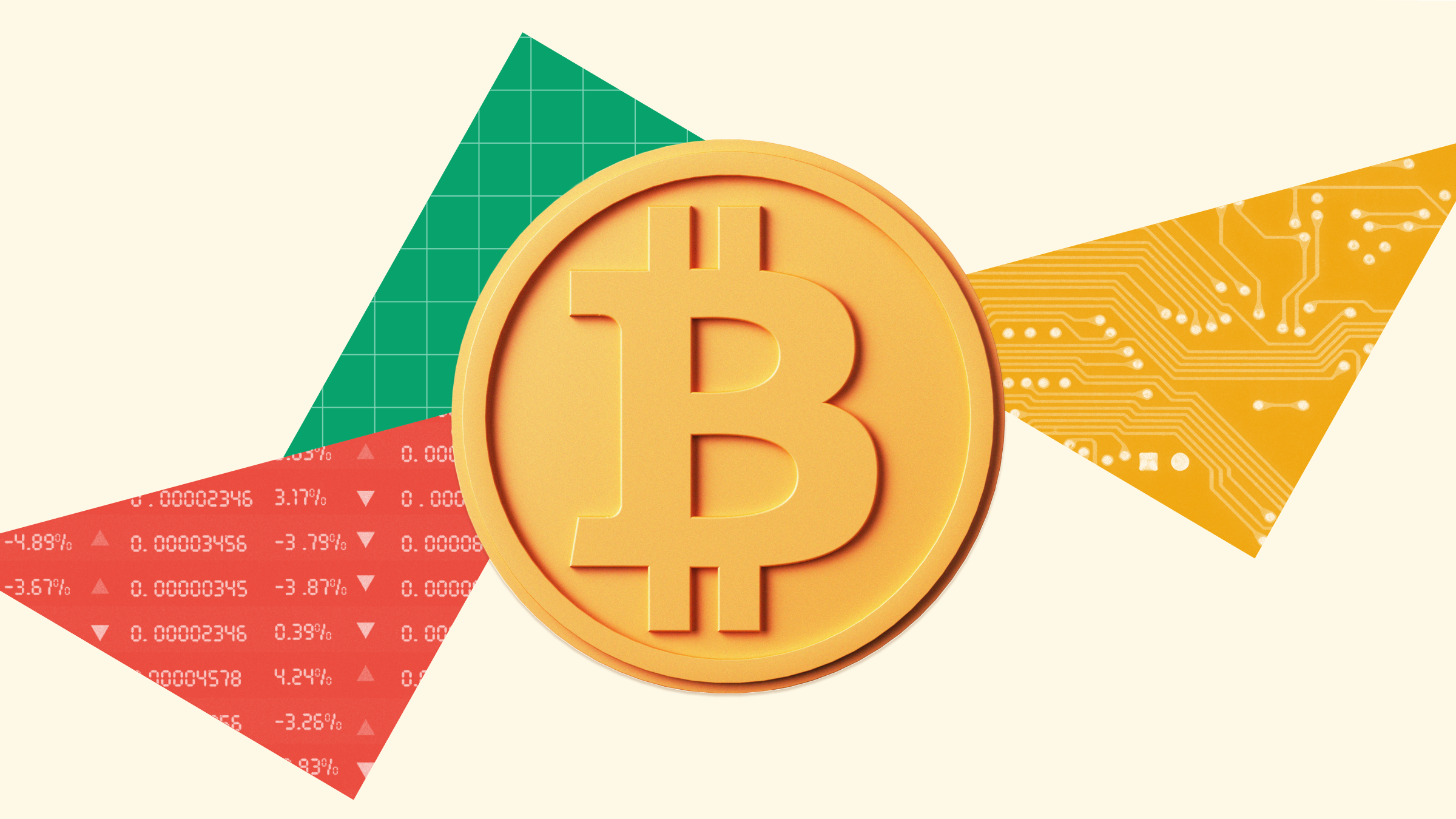Prompted by module producer SolarWorld--a German firm with a production facility in Oregon--the U.S. Department of Commerce agreed to take a second look at the tariffs it imposed on Chinese solar modules in 2012. The issue with the 2012 duties--from the perspective of those who believe Chinese manufacturers haven't been playing on an even field--was the emergence of a loophole of sourcing solar cells from Taiwan but manufacturing the rest of the module in mainland China. Under the 2012 Chinese solar tariff language, this is considered to be sufficiently outsourced to avoid duties entirely, rendering the 2012 tariffs toothless.
Last week, the DoC finalized its updated tariffs, which are much more thorough (and include Taiwanese solar companies) and appear impervious to the creative loopholes that undermined those set two years ago. REC Silicon has sold off in the wake of this news because the market has grown increasingly concerned that China will retaliate with solar trade tariffs of its own, namely against solar-grade polysilicon. As of today, REC has been able to sell solar-grade polysilicon into China without issue, but tariffs against U.S. polysilicon could begin to bite if a settlement isn't reached. It’s impossible to forecast how the tariff decision will wind up, but both the U.S. and Chinese solar industries would be negatively affected by future tariffs. To err on the side of conservatism, we’ve lowered our 2015 forecasts and further reduced REC’s valuation by $100 million to account for any potential negative impacts from the trade rulings. Either way, REC’s balance sheet is as strong as it has been in years, and the firm will have plenty of time to determine the best of course of action for responding to trade tariffs should they in fact be implemented. Our fair value estimate is now NOK 4.00 per share, down from NOK 4.50 previously (our moat ratings are unchanged).

















